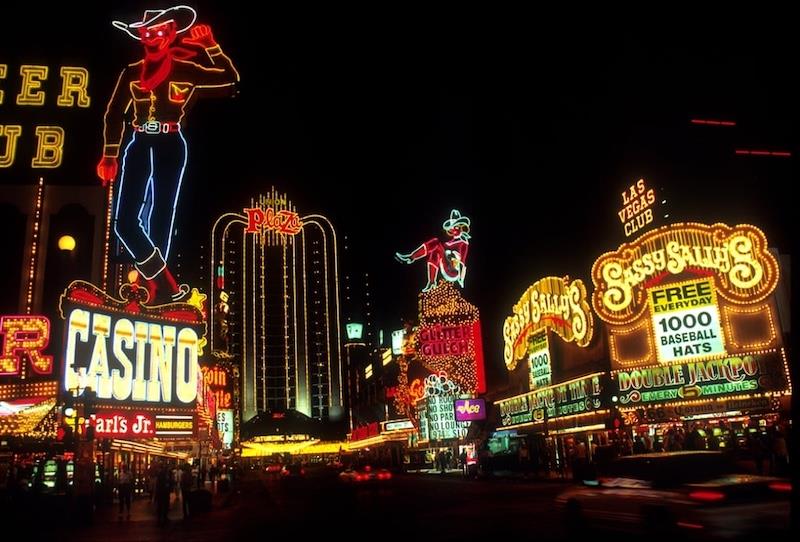
Up To 95 Percent Of Nevada Hospitality Roles Face Automation Risk, RCG Report Warns
November 26, 2025 by David Edwards
A new analysis from RCG Economics suggests that several core hospitality roles in Nevada now face an 85–95 percent risk of automation, raising concerns that tens of thousands of workers in Las Vegas could be displaced over the next decade as hotels accelerate adoption of robotics and AI systems.
According to the report, the highest-risk categories include:
Right now (2025-2026):
-
Reservations agents: 85-95 percent automation risk
Call-centre operators: 85-95 percent risk
Customer service representatives: 80-90 percent risk
Data-entry staff: 80-90 percent risk
These functions are already being replaced at scale by AI chatbots, automated booking platforms and intelligent communications systems.
RCG notes that“AI chatbots already handle 80 percent of routine customer inquiries”, reducing pressure on operators to maintain large contact-centre teams.
As robotics maturity increases, further categories move into higher-risk territory. The report lists upcoming exposure in the 2027-2030 period:
-
Housekeeping dispatchers: 70-80 percent risk
Front desk clerks: 65-75 percent risk
Accounting clerks: 60-70 percent risk
Food-service workers: 40-50 percent risk
The displacement is driven by labour shortages, rising wage pressure, and rapid growth in hospitality automation. The hospitality robotics market alone is projected to rise from $512 million in 2024 to $2.6 billion by 2034, according to cited market research.
77,000 to 92,000 Nevada jobs could be affectedNevada's dependence on tourism makes the state unusually exposed. RCG estimates that 77,000 to 92,000“core” hotel-casino jobs may be affected by 2035 – a potential loss of $4.5 to $5.3 billion in wages.
Las Vegas hospitality employment currently stands at 308,000 workers, with 26 percent of the state's workforce tied to tourism, roughly three times the US average.
Automation's impact is uneven across hotel types. The report outlines expected staffing reductions from 2019 levels:
-
Budget/economy hotel s: up to 75 percent reduction
Full-service hotels: around 50 percent reduction
Luxury resorts: approximately 25 percent reduction
High-end properties preserve human contact as a premium service feature, while lower-cost hotels adopt automation more aggressively to maintain margins.
Broader economic consequencesThe economic impact extends beyond direct hotel employment. Nevada's tourism industry supports an additional 162,000 indirect and induced jobs, generating $8.2 billion in wages.
RCG estimates that if the at-risk jobs disappear, the total effect could reach 115,500-138,000 positions across the wider economy.
Women and entry-level workers face the highest exposure. Citing the Kenan Institute, the report notes that eight out of 10 women in the US workforce occupy roles highly exposed to automation.
Goldman Sachs Research is quoted as saying:“Innovation related to AI could displace 6-7 percent of the US workforce if AI is widely adopted,” though it emphasises long-term job creation in new categories.
A transition that demands policy actionRCG calls for reskilling initiatives, unemployment support, and expanded education pathways into fields such as AI supervision, robotics maintenance, and data analytics – roles unlikely to be filled by displaced workers without significant retraining.
The report concludes that automation in Las Vegas is“not coming – it's here”, and warns that without proactive intervention, the city risks becoming“Ground Zero for Automation Displacement”.
Legal Disclaimer:
MENAFN provides the
information “as is” without warranty of any kind. We do not accept
any responsibility or liability for the accuracy, content, images,
videos, licenses, completeness, legality, or reliability of the information
contained in this article. If you have any complaints or copyright
issues related to this article, kindly contact the provider above.


















Comments
No comment